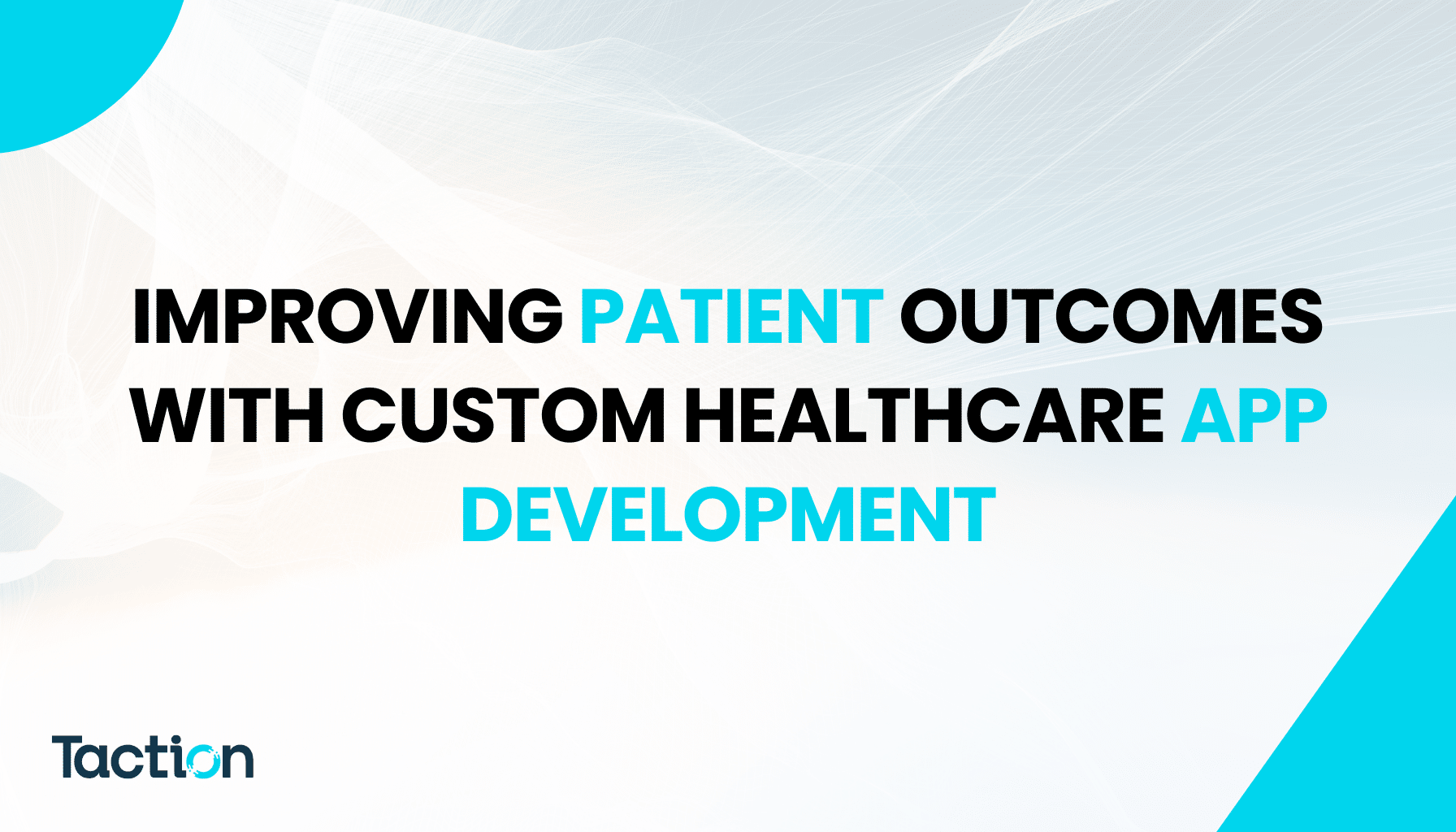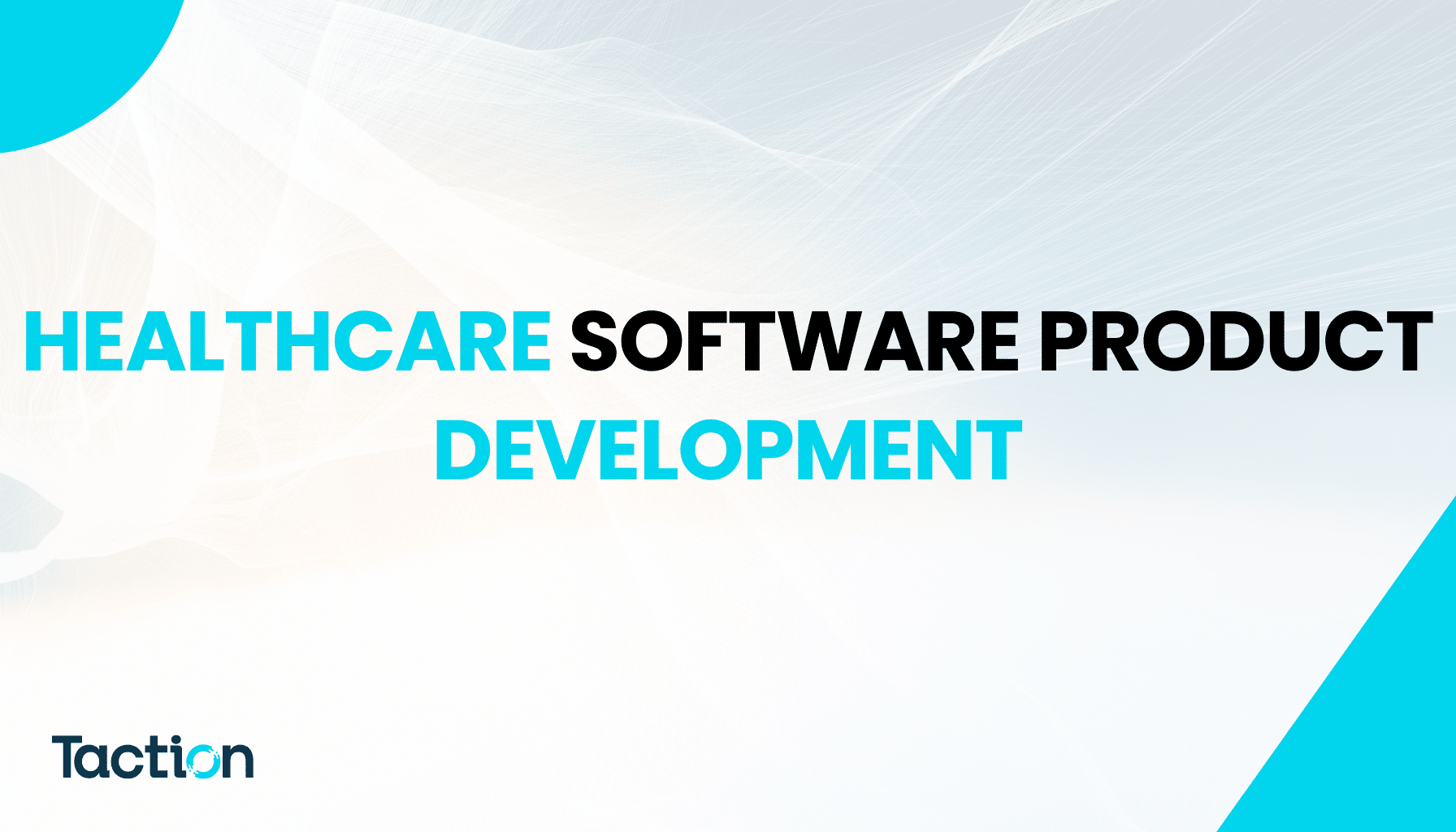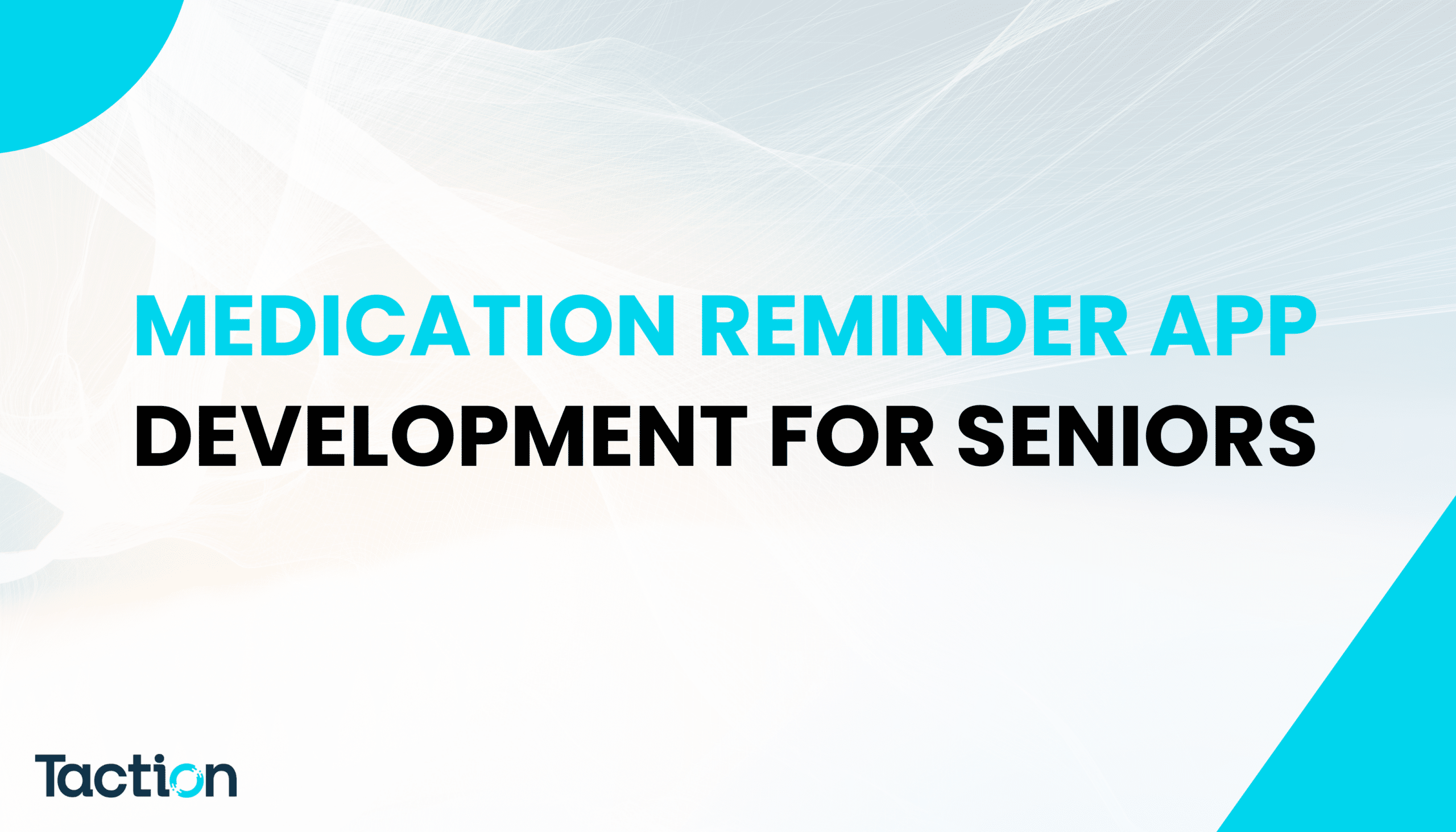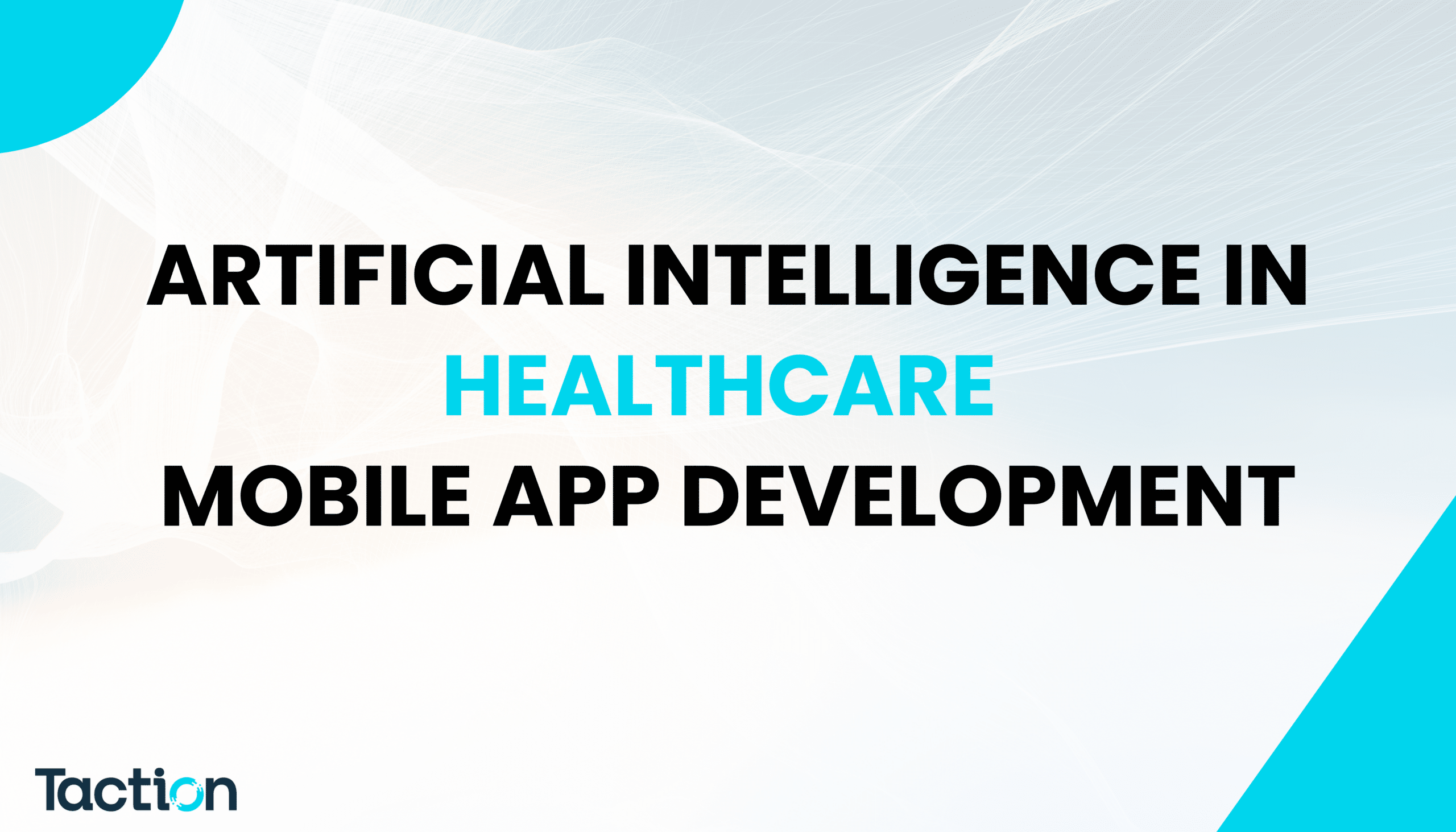Introduction
In today’s value-based care environment, healthcare organizations are under pressure to deliver better patient outcomes while reducing costs and improving operational efficiency. One proven way to achieve this balance is through custom healthcare app development. By building applications tailored to specific workflows, patient populations, and compliance needs, providers can enhance care delivery, improve patient engagement, and make clinical decisions faster — all while staying fully HIPAA-compliant.
Why Custom Healthcare Apps Are Key to Better Outcomes
1. Personalizing the Patient Journey
Generic apps often fail to meet the diverse needs of different patient groups. Custom healthcare applications can:
- Adapt user interfaces for seniors, chronic disease patients, or pediatric care.
- Provide multilingual support and culturally relevant health resources.
- Tailor care plans, medication reminders, and follow-up schedules based on each patient’s profile.
Impact on outcomes: Personalized interactions increase adherence to treatment, resulting in fewer readmissions and better recovery rates.
Also Read: How to Build a HIPAA-Compliant Telemedicine App with Flutter
2. Enabling Real-Time Data Access for Clinicians
Custom apps can integrate directly with EHR/EMR systems like Epic, Cerner, or Allscripts, enabling:
- Instant access to lab results, imaging, and patient histories.
- AI-powered alerts for abnormal readings or urgent care needs.
- Secure messaging between care teams for faster decisions.
Impact on outcomes: Clinicians can make evidence-based decisions quickly, reducing the risk of delays in critical care.
Also Read: Healthcare Mobile App Development in 6 Steps (2025)
3. Improving Patient Engagement and Self-Care
Well-designed healthcare apps encourage patients to take an active role in managing their health. Features can include:
- Wearable device integration for continuous monitoring.
- Educational content personalized to the patient’s diagnosis.
- Gamified health challenges to encourage healthy behaviors.
Impact on outcomes: Engaged patients are more likely to stick to care plans, leading to measurable improvements in long-term health metrics.
Also Read: How Healthcare Business Intelligence Is Improving Patient Care
4. Facilitating Care Coordination Across Teams
In fragmented healthcare systems, communication gaps can harm patient outcomes. Custom healthcare apps solve this by:
- Providing shared care dashboards accessible by all providers.
- Automating referral and follow-up processes.
- Tracking progress on rehabilitation or therapy programs.
Impact on outcomes: Seamless coordination reduces errors, shortens treatment times, and ensures consistent care delivery.
Also Read: How to Develop Medical Software: Step-by-Step Guide
Compliance and Security: The Foundation of Better Outcomes
Improving patient outcomes isn’t just about better features — it’s about trust. All custom healthcare apps we develop at Taction Software are built to:
- Meet HIPAA & HITECH standards for patient data protection.
- Include end-to-end encryption for data in transit and at rest.
- Offer role-based access controls for different user groups.
- Undergo regular security audits to prevent breaches.
Also Read: How to Build a Secure Telehealth App for US Doctors
Case in Point: How Custom Apps Have Transformed Care
Real-World Success Stories: How Taction Software Transforms Healthcare with Custom Solutions
How Taction Software Improves Patient Outcomes
At Taction Software, our healthcare app development process focuses on:
- Needs Assessment – Understanding your clinical, operational, and compliance requirements.
- UX/UI Design – Creating intuitive, patient-friendly interfaces.
- Integration – Connecting with EHR, telehealth, wearable devices, and third-party APIs.
- Testing & Compliance Checks – Ensuring HIPAA readiness from day one.
- Post-Launch Optimization – Using analytics to improve app performance and patient engagement.
Also Read: How to Build Secure Healthcare Apps That Pass HIPAA Audits
FAQ: Custom Healthcare App Development for Better Patient Outcomes
A: Most projects take 3–6 months, depending on complexity, integrations, and compliance requirements.
A: Yes, we have extensive experience integrating with leading EHR/EMR systems, telehealth platforms, and wearable devices.
A: We implement audit-ready security architecture, encryption, and compliance audits at every stage of development.
A: Adoption rates increase significantly when apps are personalized, intuitive, and aligned with patient needs — exactly what custom development offers.
Final Thoughts
Custom healthcare app development is more than a technology investment — it’s a patient outcome accelerator. By tailoring solutions to real-world clinical workflows and patient needs, healthcare providers can improve engagement, reduce errors, and deliver care that’s not only efficient but also impactful.
Also Read: Top HIPAA-Compliant App Features Hospitals Need in 2025




